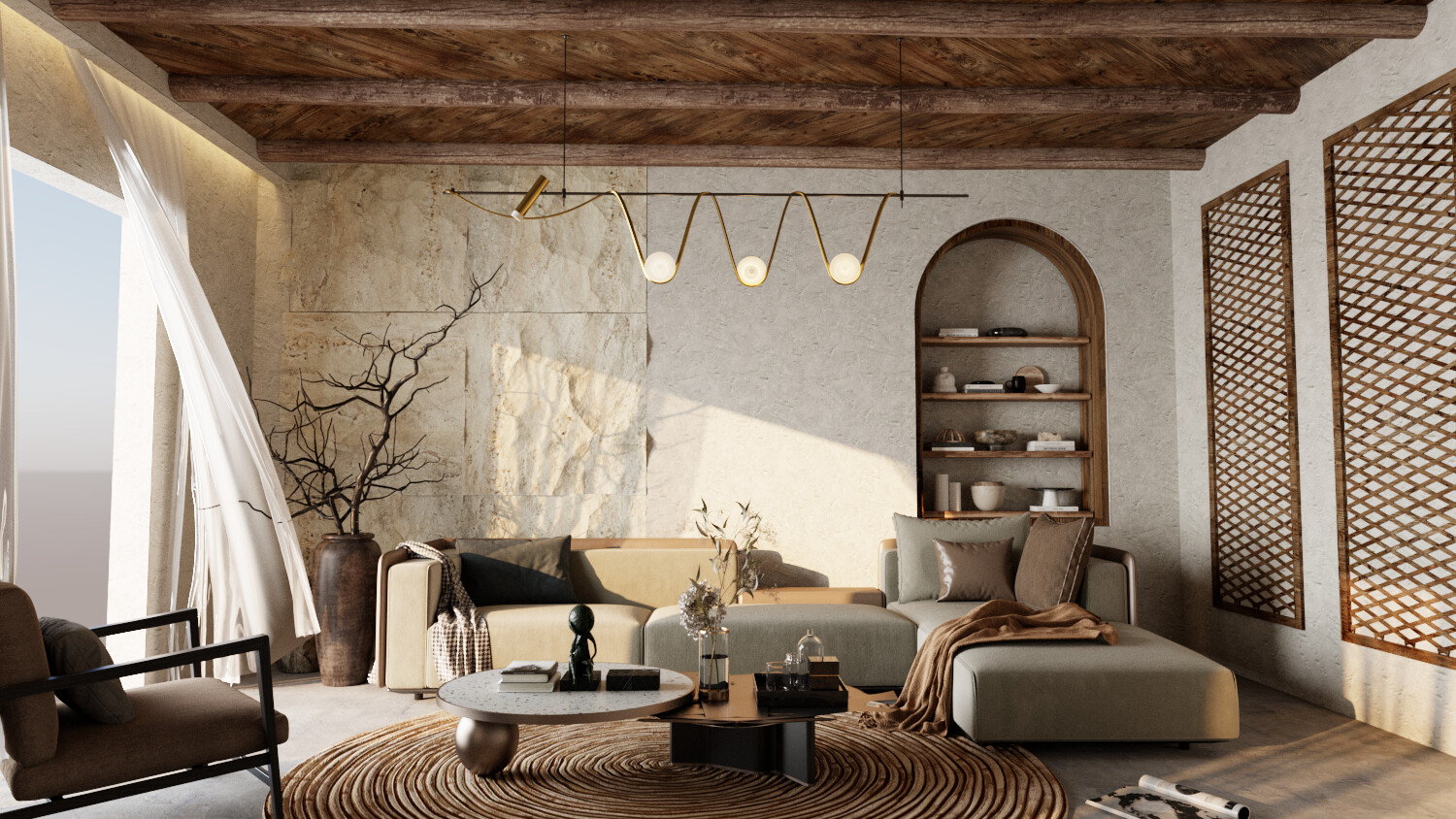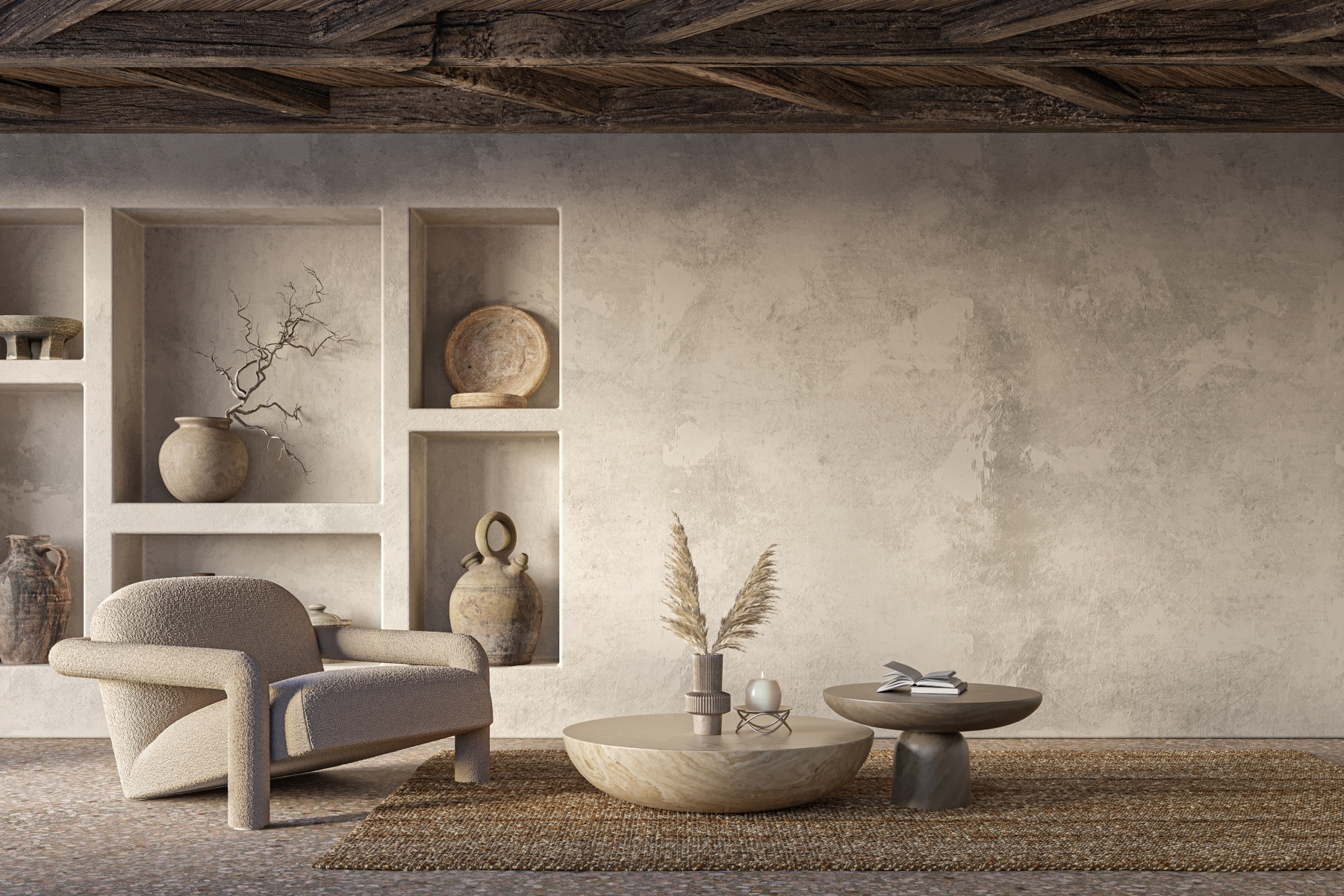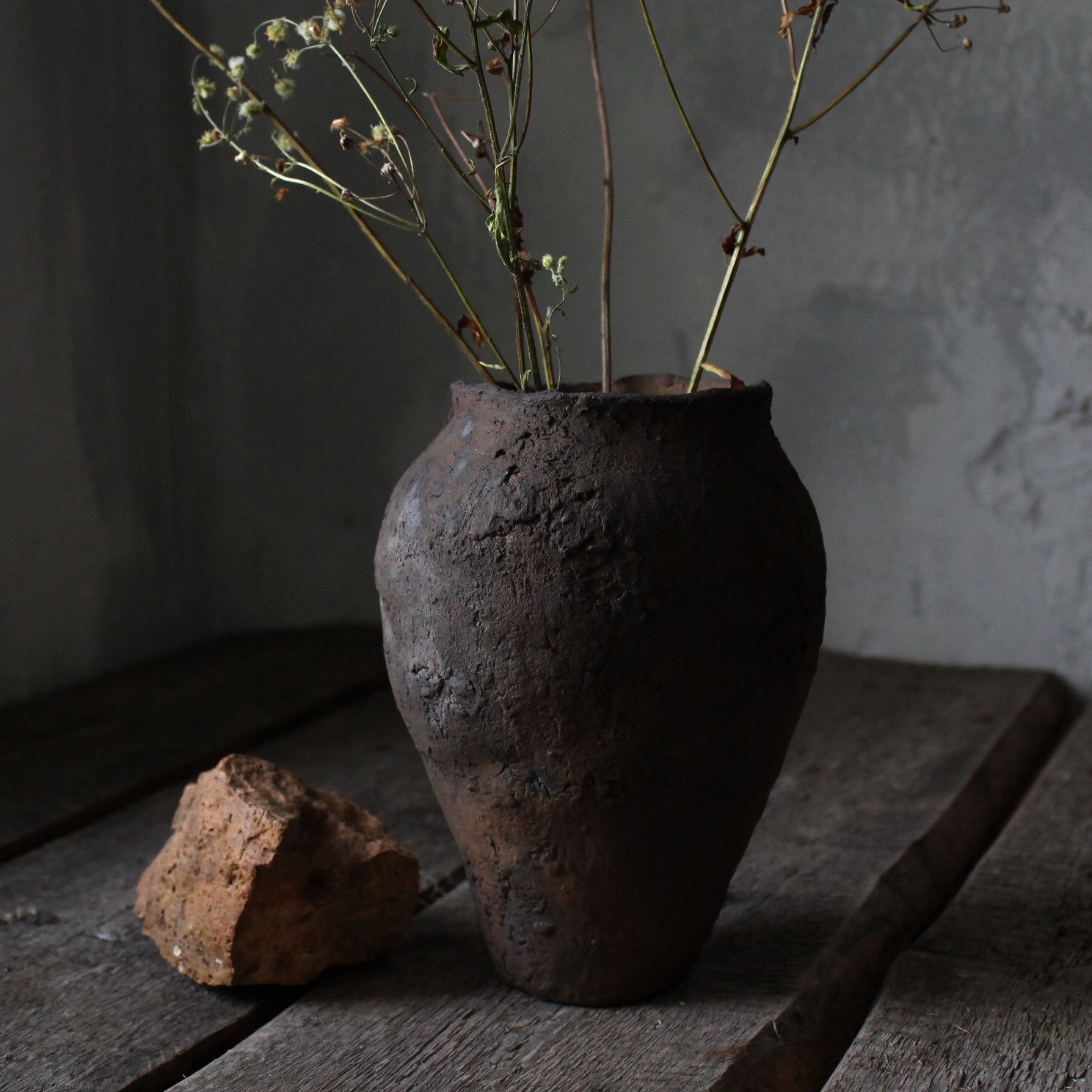WABI SABI
Perfectly Imperfect
Often times, when we are faced by the reality of ourselves,we tend to see our imperfections and shortcomings. We tend to try and hide or change these parts of ourselves because in the contemporary world, life is aimed at achieving perfection, wealth, and a good socio-economic status. People live their lives trying to reach maximum perfection in their day-to-day lives. Wabi Sabi culture is the antithesis of modernism which aims at showing us that there is beauty in imperfection. So why not embrace these parts of us and instead of trying to fix them, we grow through them and find the beauty of who we are despite our imperfections.
Background of Wabi Sabi
Wabi Sabi is a Japanese term which is used to describe a way of
life that embraces imperfections of nature and finding beauty in
them. Wabi refers to beauty seen in asymmetrical, unequal, uneven,
and unbalanced things. An example of Wabi therefore maybe an
asymmetrical ceramic bowl or crumpled linen. Sabi on the other
hand is the beauty of old things and relates with the impermanence
of life through the passage of time. It concentrates on how things
grow, age and decay with the passing of time and how its beauty is
displayed in items we had perceived as broken or passed by time.
Kintsugi is an ancient art of Wabi Sabi whereby people mend broken
objects with liquid gold giving them golden scars. A broken bowl
or a tea pot therefore maybe mended by putting the pieces back
together using gold fillings. This therefore makes them whole with
cracks made of gold giving them an unusual beauty with permanent
and imperfect flaws.By embracing these imperfections, we seek to
find beauty in these objects which are mostly disregarded and
unappreciated.
Embracing Wabi Sabi
it is not only the beauty of the visual objects that we tend to seek but also in our way of life. Wabi Sabi is an unconventional approach to life which adopts principles that change our way of thinking and living. Through adoption of these principles, we change our attitudes with open minds. We accept ourselves and others for who we are without judgement. The Wabi Sabi lifestyle encourages self-acceptance and appreciating such imperfections. We therefore learn to live life as it is and lead positive lives regardless of the situations we are in. It is important to note that it is through our imperfections that we grow. If we were were all born perfect then there would be no need of self-development.Everybody will just be the same from when we first meet them and then when we see them again ten years later. The goal of self-development should therefore not be to change ourselves but rather to work on ourselves so that we can become the best versions of ourselves. We should also keep in mind that growth is relative, the best version of ourselves right now may not be the same in five years. As we learn and grow we are faced with more changes and our concept of reality also changes as we also change internally to the version that fits the present moment. There is therefore no point in time that we can say that we are perfect because then, what is life? Why are you here if not to learn and grow? So learn to love yourself as you are, learn to be less critical with yourself and instead use your imperfections as a canvas to craft your ideal self.
Modern day Wabi Sabi
The Wabi Sabi culture has been incorporated into the modern lifestyle in the form of arts and craftmanship used in home décor. Designers now use the Wabi Sabi interior design to make a room look minimal but expensive, imperfect but beautiful. It finds luxury in imperfect objects which displays beauty and wealth. It is now used in luxurious hotels and homes. Beauty in imperfection is a motto we should all live by. " By encouraging individuals to find beauty in imperfection and appreciate the transient nature of life, Wabi Sabi becames a guiding philosophy for cultivating mindfullness and contentment. Beyond its philosophical aspects, Wabi Sabi influences design and creativity- Ivan Cardona"
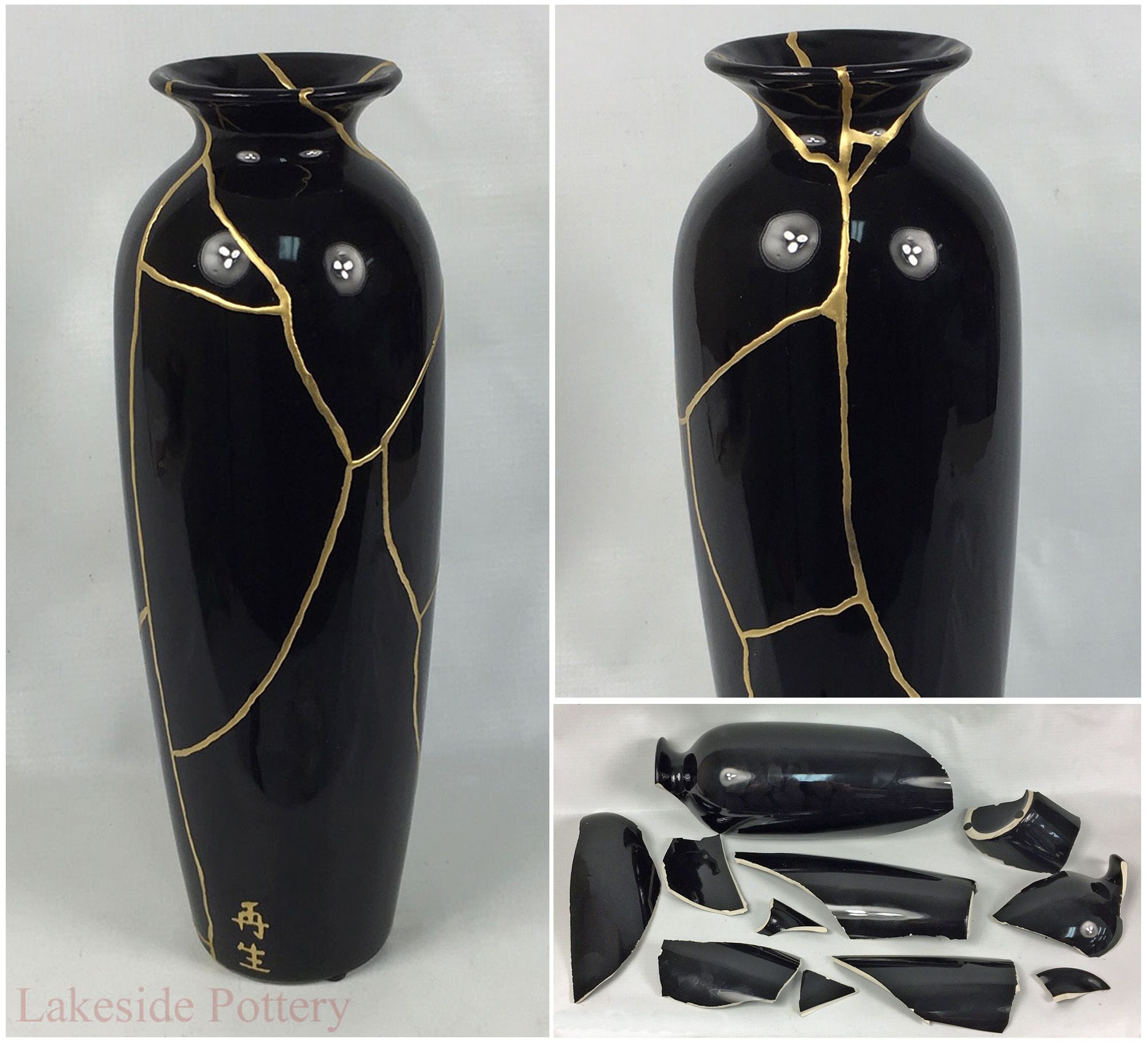

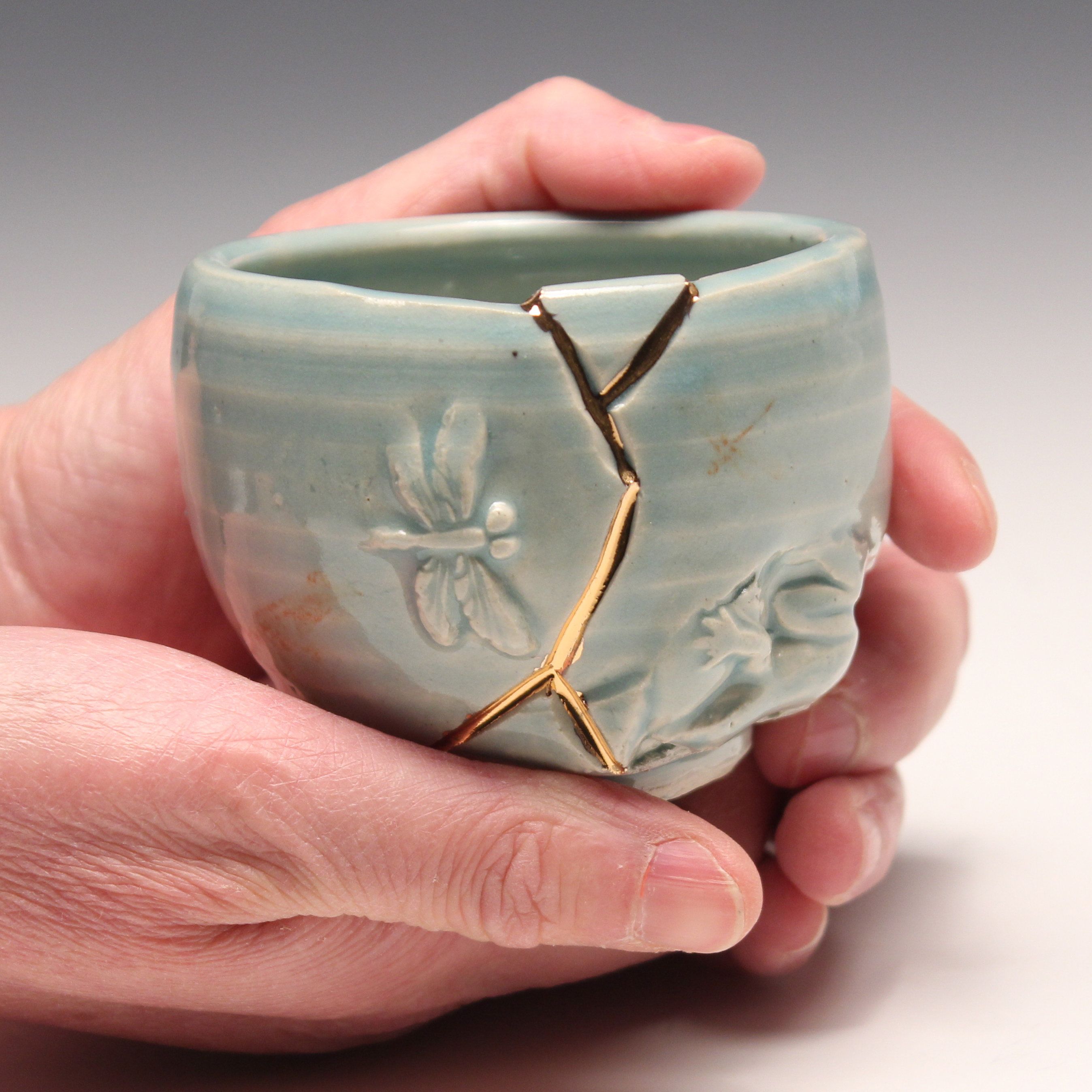

Be perfectly imperfect!
Alan Brenat- "When we are young, we think life will be a su po:one fabric, one weave, one grand design. But in truth, life turns out to be more like the patchwork cloths- bits and pieces, odds and ends- people,places,things we never expected, never wanted perhaps. There is harmony in this, to and beauty."
Simon Van Booy- " Beauty is the shadow of imperfection"
Brene Brown- " You are imperfect, you are wired for struggle, but you are worthy of love and belonging. Imperfections are not inadequacies, they are reminders that we are all in this together."
Stephen Hawking-"One of the basic rules of the universe is that nothing is perfect. Perfection simply doesn't exist.....Without imperfection, neither you nor i would exist."
Ozan Kulcu- " Growth is nothing more than transforming your imperfections into strengths."
-" Oh my darling, it's true, beautiful things have dents and scratches too."
-"Don't strive for perfection. Strive for progress. Imperfection is part of the journey."
Wabi Sabi in Art.
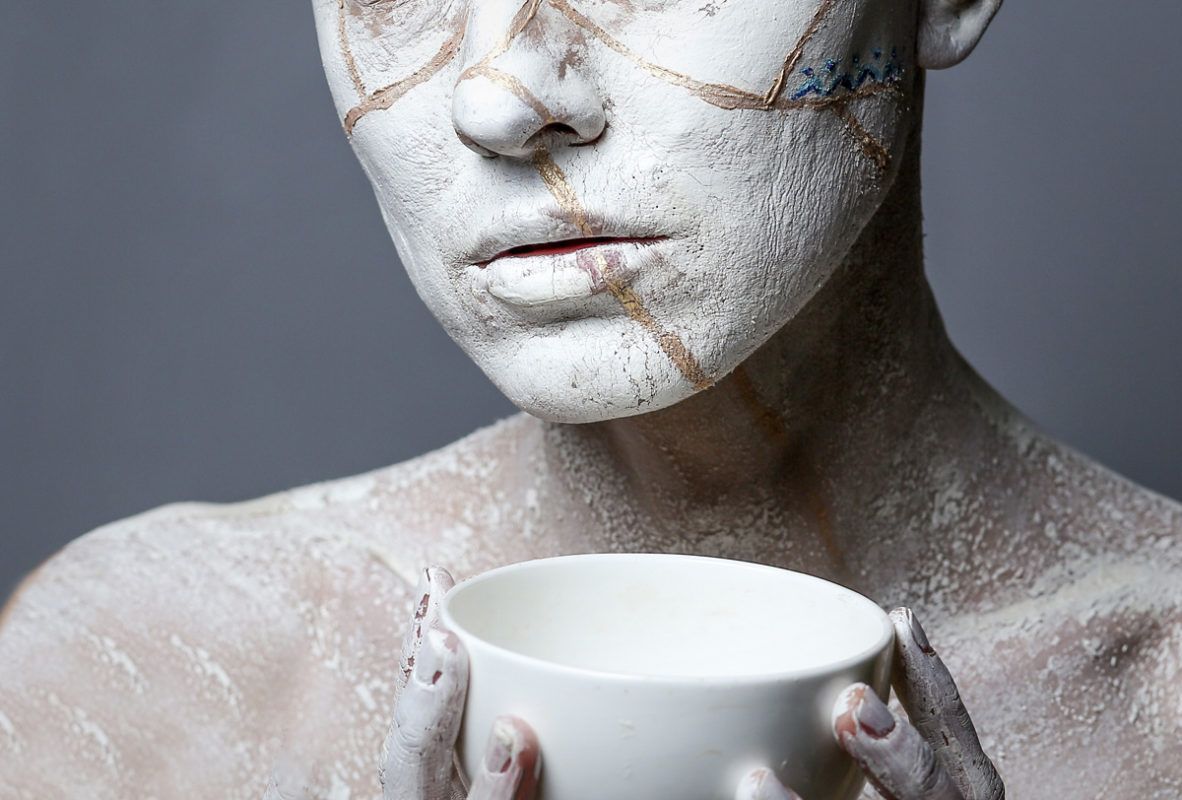
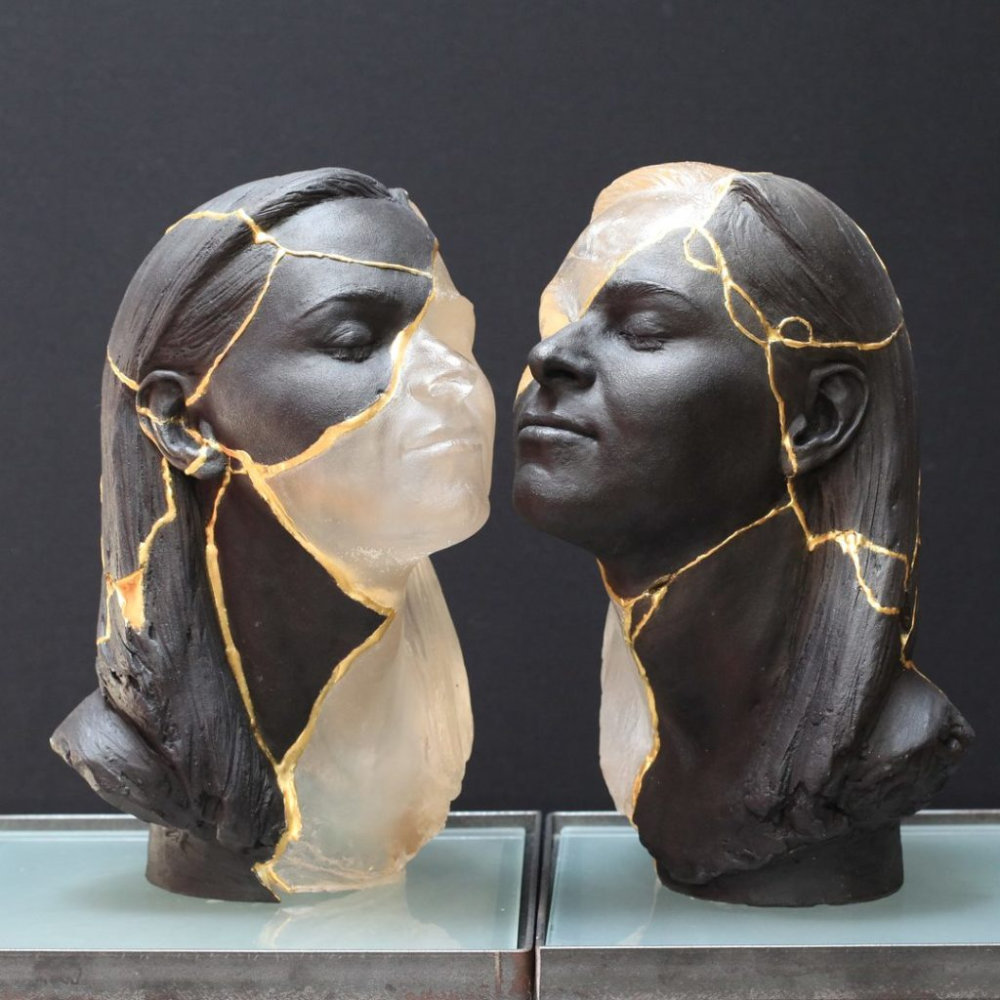
Wabi Sabi in Home Decor
